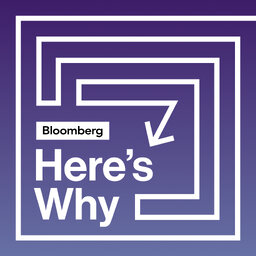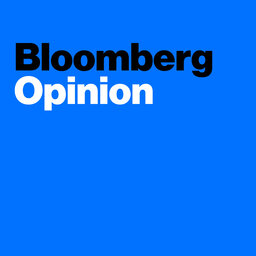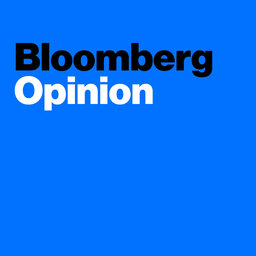It's Tightening, Jim, But Not As We Know It
Marcus Ashworth on another tool central banks are ramping up. Not the PBOC though, which actively eased this week as 2022 GDP growth looks increasingly precarious. Dan Moss joins us. And Jared Dillian on markets, looking towards Jackson Hole and companies digest a new 1 percent buyback tax in the Inflation Reduction Act.
In 1 playlist(s)
Bloomberg Opinion
Deeper conversations on the week's most significant developments. Tune in and join in!Social links
Follow podcast
Recent clips

Introducing 'Here's Why' - Complex News Stories Explained
00:30

Airline Mergers and Restaurant Loyalty
35:20

Fossil Fuel Use and Drug Development
35:28
 Bloomberg Opinion
Bloomberg Opinion